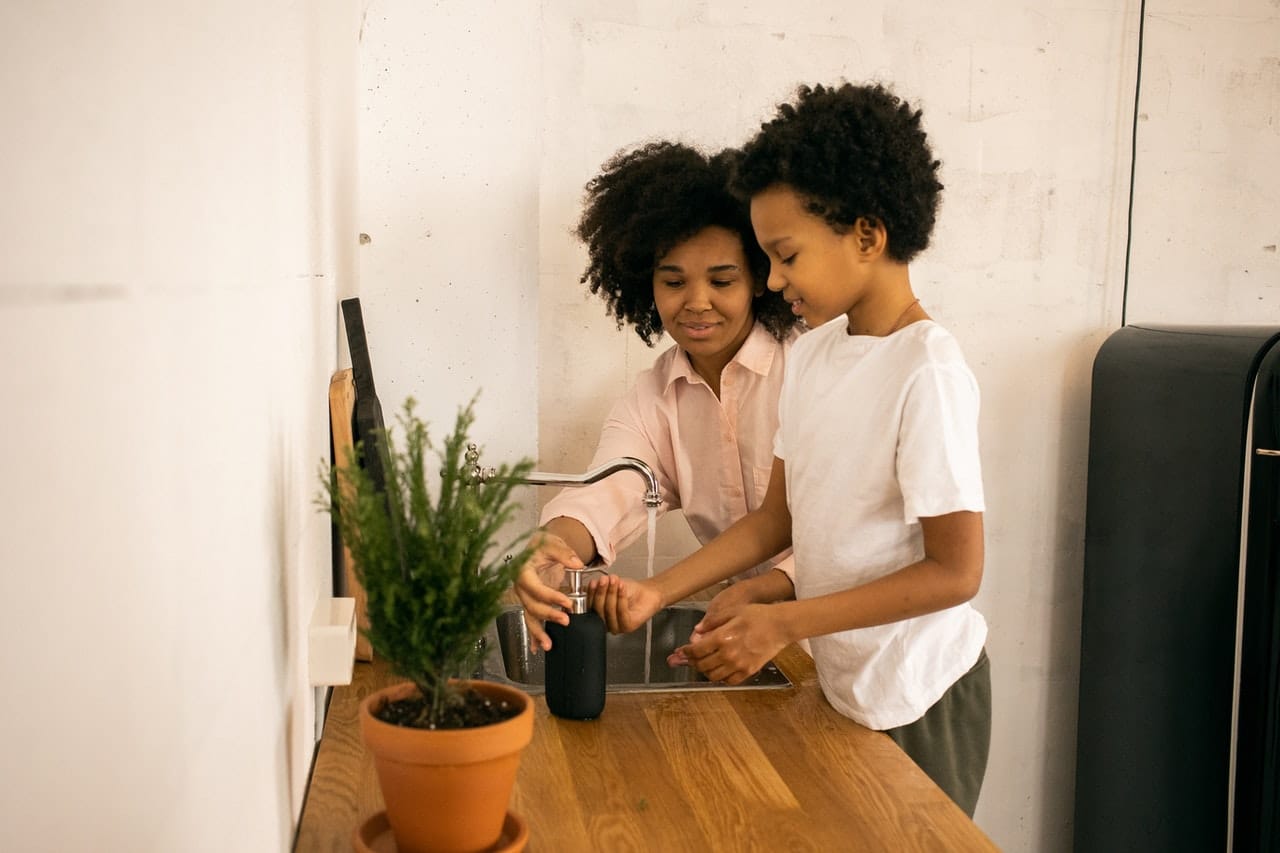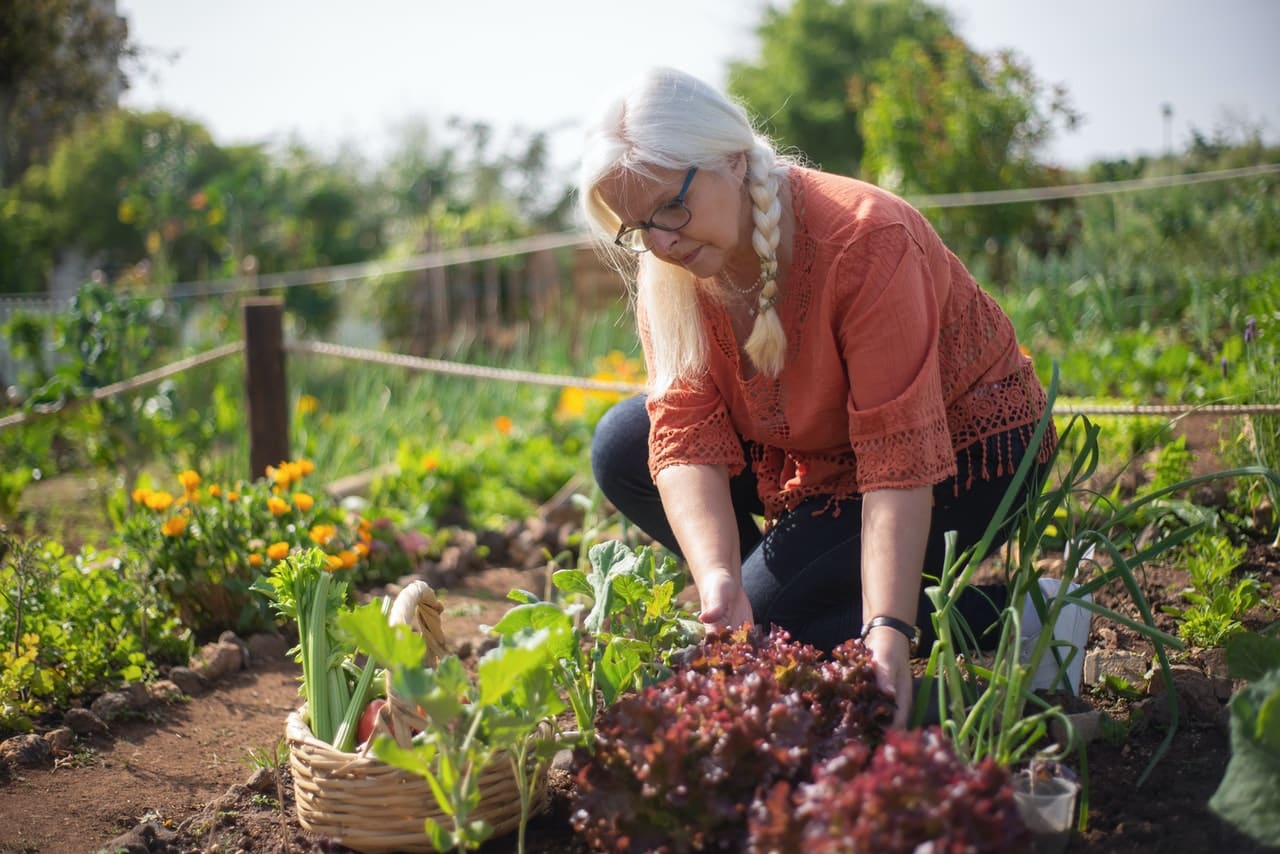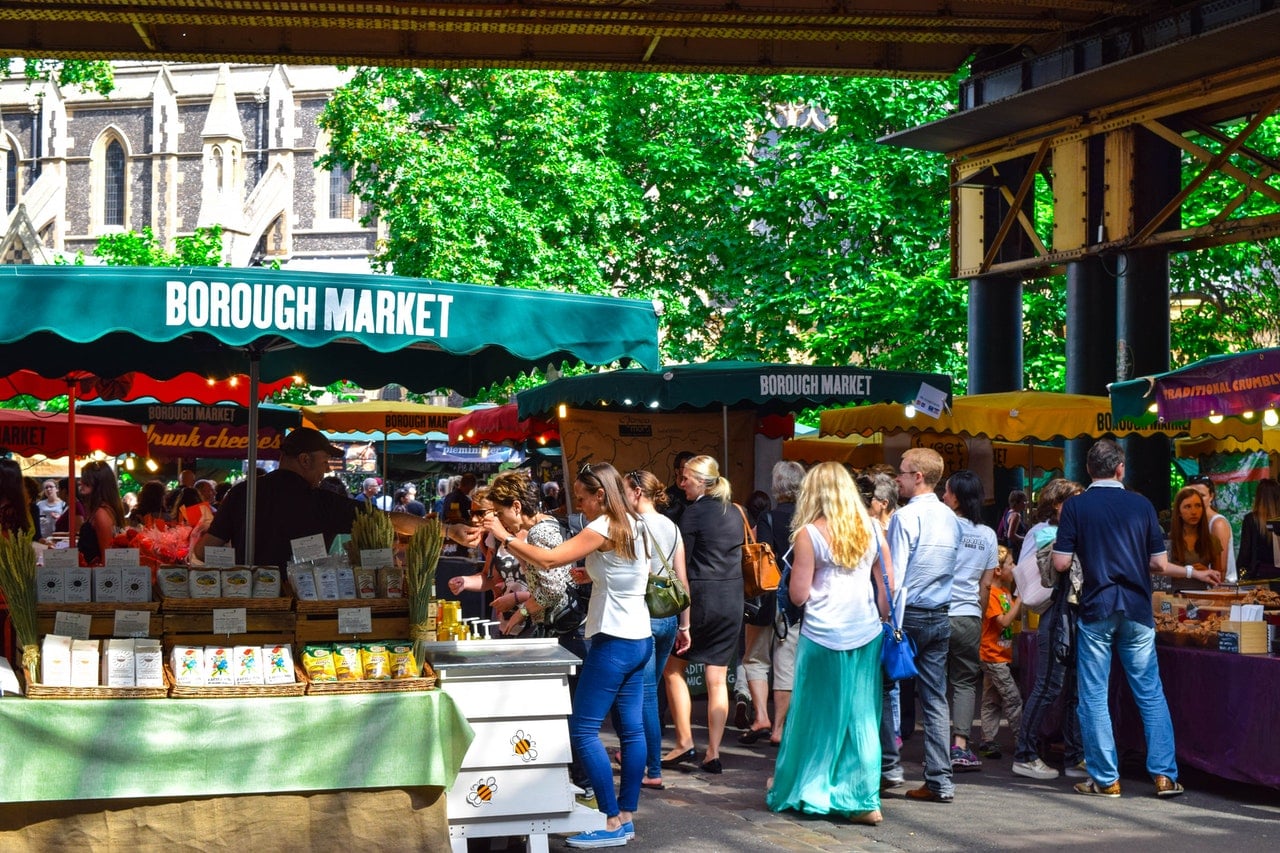
10 Ways to Curb Your Water Waste

It’s a fact only 2% of the Earth’s water reserve is freshwater. This makes water one of the most precious resources we have and makes it clear why it’s so important to curb your water waste. There’s hardly any other natural resource as abused and wasted as water. Adding insult to injury, climate change is making the condition worse.
Since we are staring at a resource that’s becoming increasingly scarce with each passing day, it’s necessary to save water at every step. Let’s discuss some of the most common water-saving steps you can take to preserve this life-giving element.
1. Reduce Shower Time
One of our daily tasks that consumes the most water is showering. A standard showerhead uses around 2.5 gallons of water per minute. To cut this flow, you can install a low-flow showerhead. Even better, start taking shorter showers.
2. Prevent Leakage
Another important step is to check all taps, faucets, and pipes for leaks. Doing this will prevent the wastage of a large volume of water every week. You can also use aerators on your faucets to cut the volume of water used. Then, turn off the tap between, and after you have completed, tasks like washing your face or cleaning razors and toothbrushes.
3. Use Washers Efficiently
Make sure you run full loads on washing machines and dishwashers to optimize water use. Before you buy a new product, check its water efficiency performance or water factor rating. Keep in mind, a front load washer saves much more water than a top loader. Running cold loads can also save in water heating costs, yet still get the job done.
4. Save Water in the Kitchen
While hand-washing pots in the kitchen, turn off the water when you’re not rinsing. Instead of scraping food or grime off dishes under running water, soak the pots or dishes to remove stubborn stains. Wash fruits and vegetables in a pot instead of washing them under running water.
5. Reduce Water Wastage When Defrosting Food
Avoid thawing frozen foods with water. It’s best to leave frozen food in the fridge overnight to defrost or, in a pinch you could using a microwave oven to do so. If you have leftover ice, use it to water the houseplants.

6. Save Water on the Outdoors
Saving water in your yard or garden is another effective, eco-friendly step you can take. The easiest way is to water the plants in the morning or in the late afternoon. That way, water won’t evaporate as easily and the roots will have time to absorb more. Remember, overwatering not only wastes precious water, but it can also be harmful to plants.
7. Use Water Saving Techniques in the Yard
If you use an irrigation system, consider installing a smart controller. A weather-based controller can save up to 40% more water. Also, choosing water-efficient emitters is a great way of reducing water waste. Beyond that, you can use organic mulches around the base of the plants to preserve moisture.
8. Thrift Your Clothes
Considering the fact it takes around 1,800 gallons of water to make a pair of jeans, consider getting your clothes from a thrift store rather than buying new. You need to use your clothing wisely, too. Don’t purchase new clothes unless necessary and repair old ones to make them last longer.
9. Harvest Rainwater
Collect rainwater in barrels instead of allowing it to run off. If you live in a drought-prone area, this is a great way to conserve water. Aerate your lawns periodically to ensure the harvested rainwater penetrates deep into the soil.
10. Recycle Water
Another effective step is reusing grey water from showers, sinks, and dishwashers. This water can be used for other purposes like watering gardens, landscaping, or even flushing the toilet. But, before you change your plumbing work to utilize greywater, check the rules and regulations related to greywater management for your area.
Save Water to Save Life
Every drop of water you save helps. To prevent the depleting supplies from running out faster, we need to change our age-old habits and do what we can to minimize water waste. As you can see, these ideas are simple enough for anyone to act. With a bit of effort and dedication, you can help in making the right impact on the planet’s ecosystem.
Author Bio: Rich Murphy is a survival writer and environmental activist who has lived a sustainable lifestyle for more than 45 years. He thinks everyone should have eco-friendly hobbies to make the world a better place.



Post a comment